Lovers of pre-rolls and stuff-your-own cones, beware: an international shortage of cones is imminent, according to several paper and cone manufacturers and supply chain managers.
According to Alen Nguyen, CEO of supply chain management platform MainStem, the majority of the world’s cones, regardless of what company ends up sticking their labels on them, are assembled by hand in “less than 10” factories in Indonesia. The rest are handmade in India, for the most part, with just a few exceptions.
Rolling papers, in general, are mainly produced in factories in Europe, India and China, with the majority coming from European countries like Spain, France, Czech Republic and other continental nations.
Regardless of where cones are produced, Nguyen explained that a crucial aspect of their manufacturing process—the actual construction—relies on human labor. The actual rolling paper production process is “pretty automated,” and there are currently no wrinkles in that corner of the supply chain. But cones require careful assembly to preserve shape and structure without wrinkles, tears or creases while the paper is rolled and glued. The process simply hasn’t been able to be automated yet.
Being the COVID era, this means that in Indonesia, specifically, there have been factory closures and work stoppages since the beginning of the pandemic. This has led to a backlog in production and order fulfillment at a time when demand for cones has rapidly increased. Add to that a global shipping slowdown, and cones intended for weed stuffing have become the latest casualty of the current supply chain meltdown.
“Cones were invented about 20 to 30 years ago by this Dutch guy who opened one of the first facilities in Indonesia,” said Bryan Gerber, co-founder and CEO of Hemper, which also owns Hara Supply. Gerber called Hara “the largest pre-rolled cone manufacturer in the world.” He explained that, over time, someone from the original factory split off and opened another, and so on and so forth, which has resulted in the large handful of factories making cones that now exist in Indonesia.
Gerber, along with everyone else interviewed for this story, said that Indonesia remains one of the main hubs for cones because labor is cheaper there. But strict unionization laws and previous labor stoppages have inspired cone manufacturers to look elsewhere in recent years.
Labor is also inexpensive in India, where Hara constructs its cones—Gerber says that Hara’s output accounts for about 20 percent of the world’s cone supply. For manufacturers, India also has the benefit of “basically being open, COVID-wise,” Gerber said.
He added that pandemic-related shutdowns are no longer occurring, especially not in factories, so while his company is not experiencing a backlog in production like those that rely on Indonesian labor, they are weathering shipping delays, along with the rest of the world. Technically, Gerber said, they could handle overflow for cone suppliers interested in making the switch to Indian assembly, but they would all be hamstrung by the same shipping woes the rest of the world is facing.
Either way it’s sliced, this will result in a noticeable shortage of cones, which will see some brands temporarily removed from the market while things level out. There are also likely to be price increases for what does make it onto shelves, Nguyen said.
Demand for Cones is at its Highest
The shortage comes at a particularly crunched time for an already pressured market. “The demand for cones is infinite,” Gerber said. “Literally infinite.” Gerber says Hara is currently producing 60 million cones a month, which he hopes will increase to 100 million cones a month by January. He bases this on the demand he has seen from the marketplace, which both he and Nguyen commented are heavily multi-state operator-driven.
Concerning MainStem, Nguyen says that from 2019 to 2020, there was a 51 percent increase in average order size. From 2020 to 2021, so far, there was a 43 percent increase in average order size from the previous year. This means that, since the pandemic started, average customer order size is up 116 percent for MainStem’s wholesale shoppers, who are the companies that either stuff pre-rolls or sell cones under their own brands.
The size of the market bears this out. According to a study performed by Custom Cones USA and Headset, a cannabis industry data company, from 2019 to 2020, pre-roll sales grew 59 percent—from $704 million to $1.12 billion. In 2020, pre-rolls made up 10 percent of overall cannabis sales, up from 9.5 percent in 2019. Full 2021 data isn’t available yet, but it’s safe to say the market is steadily growing. Even if 2021 doesn’t see more growth, what already exists is big.
“Overall, we’re experiencing a two to three multiplier on manufacturing lead time in the last couple of months and at least three to five multiplier on shipping time by sea due to the back up at the ports,” Nguyen said. “This is from the manufacturer shipping to the distributors in the U.S., as well as larger clients with which we work directly with the manufacturers. This results in anywhere between 13-18 weeks for product delivery,” he predicted. He added that this is all subject to change, which means delivery times could also increase.
Several retailers—all of whom sell either pre-rolled joints, cones or both—all confirmed they were battling delays and shortages of their own stock as a result of the problems with Indonesian cone production.
“The paper and cone shortage has been a major factor in Blazy Susan’s growth over the last year. Many of the larger brands have had trouble keeping up with demand thanks to huge increases in port congestion and shipping rates,” said Colorado-based Blazy Susan CEO Will Breakell.
Breakell also mentioned another factor, which was also echoed by Gerber: production hiccups for rolling papers in China, where some of paper production has shifted over the years. Breakell said “major” power shortages have been happening across the country, resulting in some regions only being able to produce two days a week or less.
Gerber said that rising labor costs have caused rolling paper companies to look further afield. Some papers produced in China have also tested positive for heavy metals in several instances over the last decades, which has also scared off manufacturers.
The CEOs from Space Coyote, Fuzzies, Daily High Club Greenlane and Snail also confirmed they have seen disruptions in inventory due to the cone shortage. Nguyen, from MainStem, said that he has several multi-state operator clients who regularly place large orders, and that their supply will be affected.
Not every brand will see a shortage, per se, but even individual brands with more solid supply chains won’t be able to make up the difference with their own inventory. Overall, there will be fewer cones for sale, period.
“Our team has heard our competitors are having issues sourcing paper and assembling cones, thereby causing inventory shortages on their end,” Paul Marobella, president and chief marketing officer at Republic Brands, said. Republic owns OCB, E-Z Wider and Job. He explained that Republic owns its entire supply chain, including paper manufacturing and booklet assembly, and therefore will not see any shortages in its brands for either papers or cones.
Nick Kovacevich, CEO of Greenlane, which owns rolling paper brand Vibes, said that they are also seeing increased demand for paper products, including cones. Vibes’ papers are made in France, he said, and he offered consumers a reminder. “Keep in mind this will only affect pre-rolled cones and not flat paper which still allows consumers to roll their own joints,” he said. “We cannot get enough cones, but we are expanding production in two different regions to meet demand.”
Don’t know how to roll? It seems like there’s never been a better time to learn.


 English
English français
français Deutsch
Deutsch русский
русский italiano
italiano español
español português
português Nederlands
Nederlands 日本語
日本語 한국의
한국의






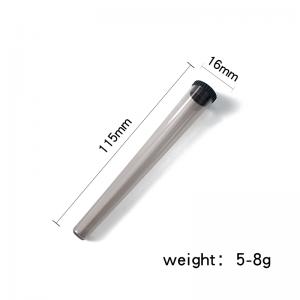
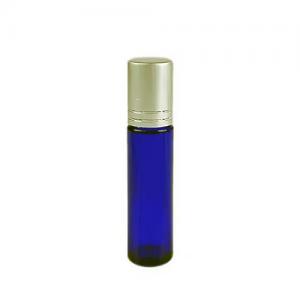
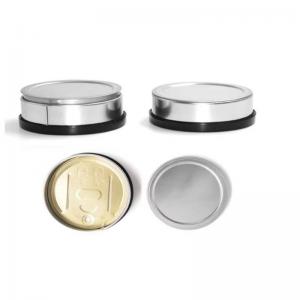
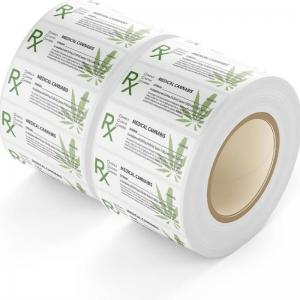
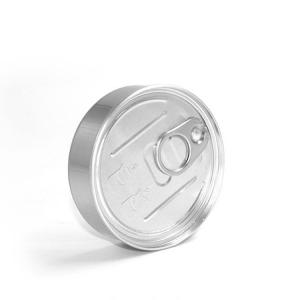
 2022-04-27
2022-04-27
 Online service
Online service +86 15375471059
+86 15375471059

